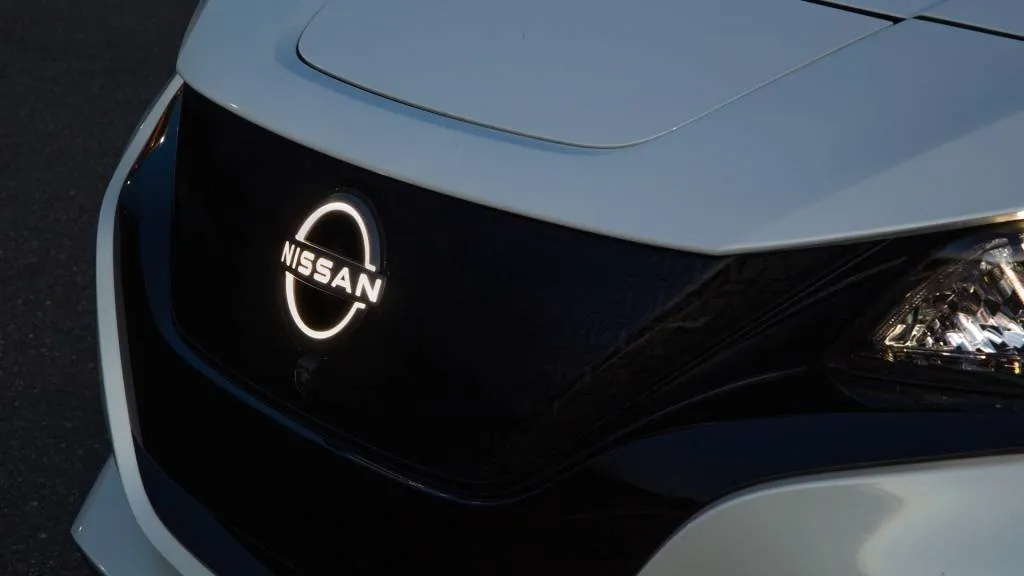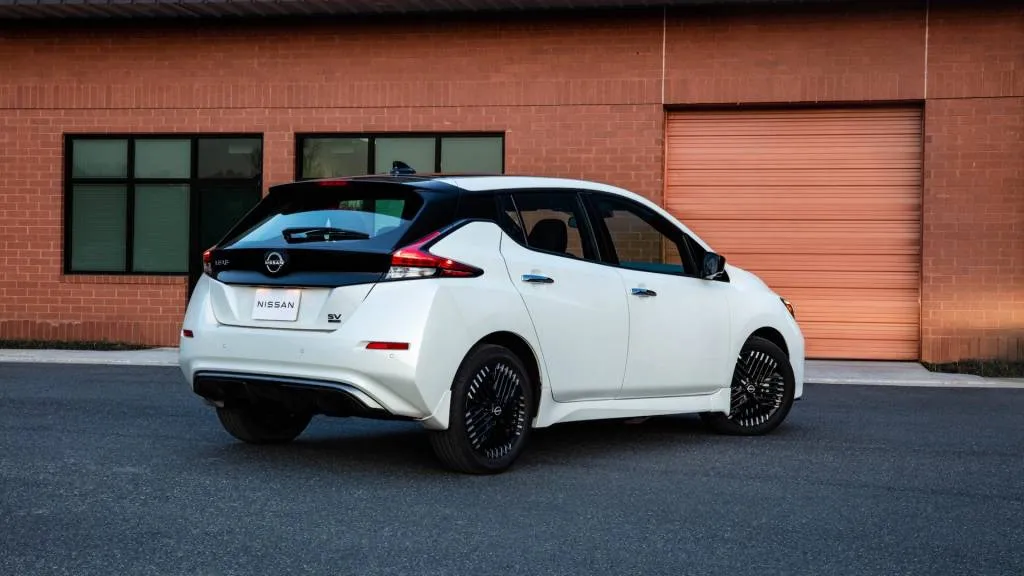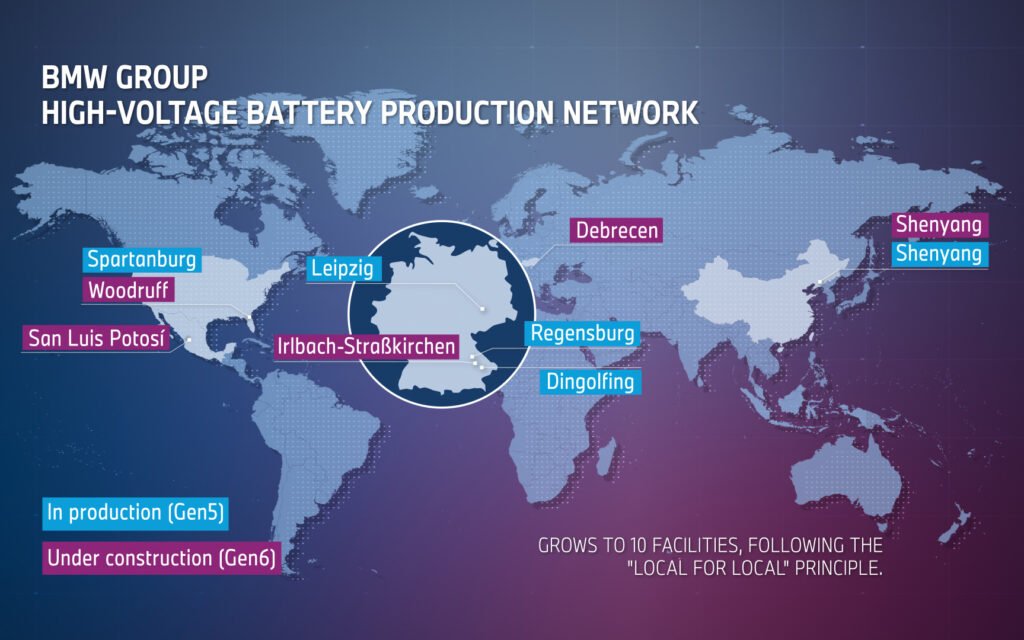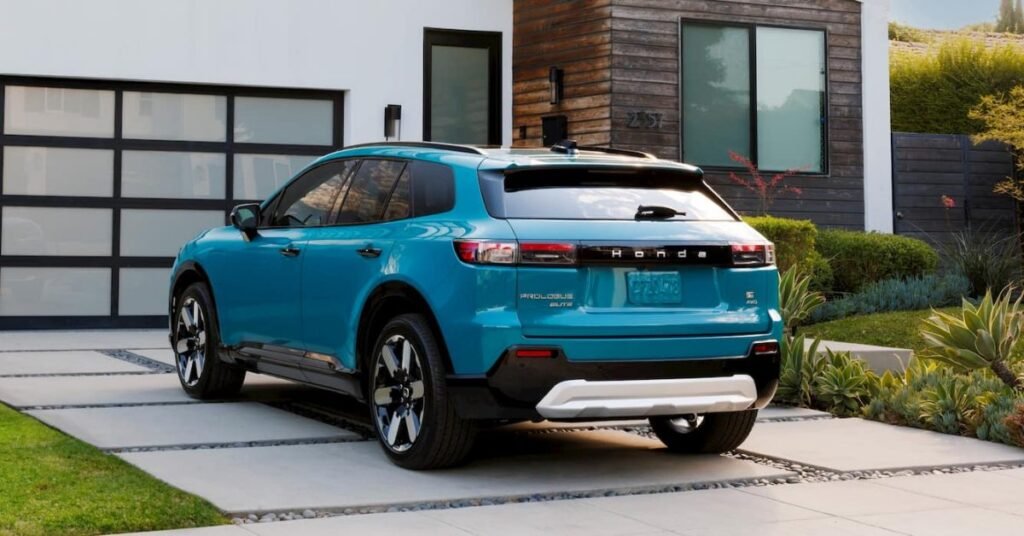- Nissan Leaf owners are getting a new, higher-power, bidirectional charger option
- Using the FE-20 bidirectional charger won’t void the Leaf’s warranty
- Nissan didn’t say how much the FE-20 bidirectional charger costs
Nissan has approved an updated bidirectional charger for use with its Leaf EV, giving owners another option for using their cars as mobile energy sources.
Nissan Leaf models have had the hardware for bidirectional charging since 2013, the automaker noted while announcing approval of the new charger, the 20-kw Fermata Energy FE-20. But Nissan didn’t officially enable or endorse use of the feature in the U.S. until 2022, when it approved use of the Fermata FE-15 charger. Like that 15-kw charger, the FE-20 can be used without voiding a Leaf’s warranty.

2025 Nissan Leaf
The FE-20 boasts some improvements over the FE-15, including 33% more power, an updated design that lowers manufacturing costs, and a lower retail price, according to Nissan, although the automaker did not quote a specific price.
Nissan also promises a greater ability to move energy back and forth between the car and the grid than the FE-15 which, in a proof-of-concept test at the automaker’s Franklin, Tennessee, U.S. headquarters helped reduce electricity bills by $9,450 over four years. Fermata Energy’s own software management tool can help owners achieve these savings by drawing power from a car’s battery pack to help power buildings during high-demand, high-cost periods.

2025 Nissan Leaf
Other companies, such as Wallbox, market bidirectional chargers that could let homeowners use EVs as backup power sources, but that relies on approval from automakers like Nissan. As with the FE-15, the the FE-20 charger was approved for use with the Leaf after it was proven to meet Nissan’s own requirements and received UL 1741 certification.
Nissan hasn’t updated the Leaf in several years, meaning it’s now the only EV still using the CHAdeMO fast-charging standard. It also no longer qualifies for a federal EV tax credit, but it’s still cheaper than the Nissan Versa economy car, in some instances at least. Bidirectional charging provides another reason to consider the aged hatchback beyond a potentially low purchase price.


